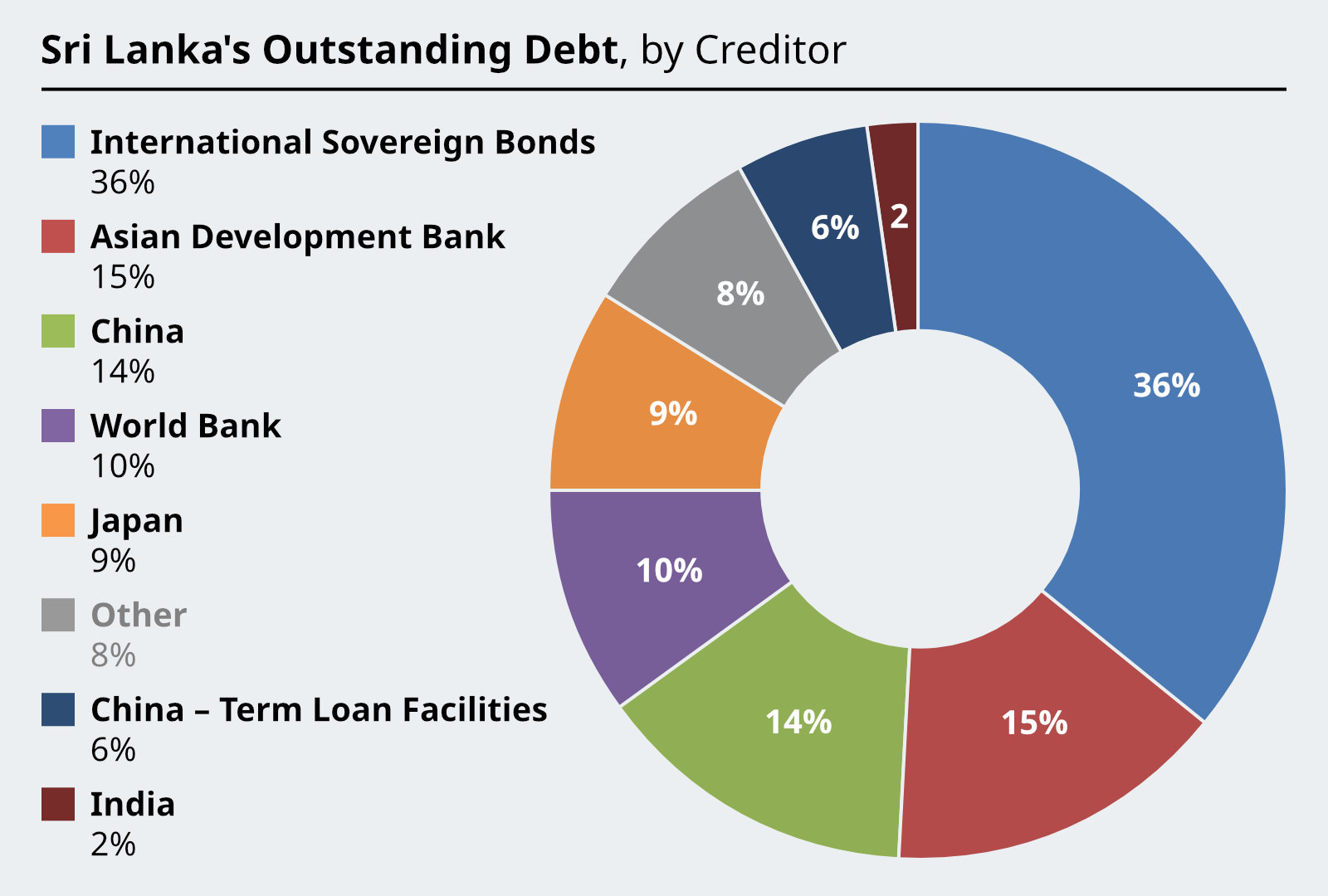| Welcome to the latest issue of Diplomat Brief. This week our top story explores Taiwan’s diplomatic charm offensive in Europe, which predates but has been bolstered by Russia’s invasion of Ukraine. We also have an interview with Erica Marat, an associate professor and chair of the Regional and Analytical Studies Department at the National Defense University in Washington, D.C., on the implications of Russia’s invasion of Ukraine for Central Asia. |
| Story of the week |  | DIPLOMACY War in Ukraine and Taiwan’s ‘Like-Minded Diplomacy’ in EuropeWhat Happened: Taiwan has taken an outspoken stance against Russia’s invasion of Ukraine, frequently voicing its support for Ukraine and joining U.S.-led sanctions against Moscow. In part, that’s due to Taiwan’s nervousness about its own aggressive neighbor, but Taipei’s forward-leaning response also fits neatly into a pre-existing trend of diversifying diplomatic relations through outreach to Europe. Our Focus: “The Southeast Asian countries are caught between great powers’ rivalry. Balancing between China and the United States is their main strategic goal,” Marc Cheng, executive director of the EU Center in Taiwan, located at National Taiwan University, told The Diplomat. So Taiwan has turned to Europe, especially its partners in the Central and Eastern European region, where “there are many similarities between our countries,” Cheng said. Taiwan has been emphasizing its bona fides as a liberal democracy in this effort, framing its diplomatic outreach as a union of “like-minded” partners. “Taiwan serves as reliable partner for the EU in the region. The two share common values of freedom, democracy, human rights, and the rule of law,” Cheng-yi Lin, a former deputy minister of the Mainland Affairs Council, told The Diplomat. What Comes Next: Central and Eastern Europe have been particularly open to Taiwan’s efforts, with Lithuania, Czechia, Slovakia, and Poland all notably stepping up engagement with Taipei. The European Union, however, will be a tougher nut to crack, as Brussels remains sensitive to China’s reactions. Beijing objects to the “like-minded diplomacy” framing and would respond angrily to forward progress on a Taiwan-EU bilateral investment agreement, one of Taipei’s goals. But with the Ukraine war souring Europe on China even further, Taiwan may be poised to advance its ties on the continent beyond what was previously possible. Read this story |
| Behind the News | INTERVIEW Erica MaratErica Marat, an associate professor and chair of the Regional and Analytical Studies Department at the National Defense University in Washington, D.C., on the implications of Russia’s invasion of Ukraine for Central Asia: “Everyone should be concerned... Kazakhstan is part of the same USSR 2.0 narrative in Putin's previous statements and the rhetoric of Russian nationalists. Should Putin remain in power, Kazakhstan's northern and western territories may be his next target for reconstruction of the empire.” Read the interview |
| This Week in Asia | Northeast Asia Japan Eases Border Restrictions (Again)Two years into the COVID-19 pandemic, Japan is moving to allow foreign students, technical interns, and business travelers into the country again. It’s a huge relief for the people stuck outside Japan since 2020, but some are questioning how long the relative opening will last. Japan had previously relaxed its border restrictions in November 2021, only to shut tight again three weeks later amid the Omicron wave. Find out more | South Asia State Court Upholds Hijab Ban in IndiaA court in the Indian state of Karnataka upheld a ban on wearing the hijab in classrooms, the latest development in a case that has fueled religious tensions between Hindus and Muslims. While the hijab is not native to South Asia, it has become a key expression of identity for many Muslim women around the world, including in India. Hijab-wearing Muslim girls and women have been protesting their exclusion from the classroom since January, sparking counter-protests from Hindu nationalist groups. Rights activists worry the ruling will inspire further discrimination against India’s Muslims. Find out more | Southeast Asia Presidential Elections in Timor-LesteOn Saturday, Timor-Leste will hold a presidential election, its fifth since the country’s independence in 2002. The race features a range of old-guard veterans of the struggle against the long Indonesian occupation, including current and former presidents Francisco Guterres and Jose Ramos-Horta. But the election will also feature an unprecedented array of independent candidates, including four women, five former youth and student resistance leaders, and one former Catholic priest. Find out more | Central Asia Central Asia on Edge: KyrgyzstanThe Russian invasion of Ukraine has Central Asia on edge. In the Kyrgyz capital of Bishkek, a court has banned protests in the iconic Ala-Too Square and near the Russian embassy (which sits between coffee shops on a downtown street). Demonstrations are permitted at a nearby park, but the restrictions suggest the unease of local authorities who are striving to maintain some kind of neutrality. Find out more |
| Visualizing APAC |  | A chart showing how much of Sri Lanka’s debt is held by different creditors. Sri Lanka’s debt crisis has sparked an extreme foreign exchange crunch, resulting in power cuts across the country. See the full picture |
| Word of the Week | POLITICS BayanFilipino for “people” or “the public,” it is also the name for an umbrella group of leftist organizations seeking to prevent the victory of Ferdinand Marcos Jr. in the upcoming presidential election. The name is a nod to the “People’s Power” movement that ousted Macros’ father and namesake, dictator Ferdinand Marcos Sr. Find out more |
| Webinar | The Diplomat Asks What Does Russia’s Ukraine Invasion Mean for Central Asia?Since the breakup of the Soviet Union, the newly independent states of Central Asia have remained politically, economically, socially, and culturally linked to Russia. But when it came time for the world’s countries to vote either to support or condemn Russia’s invasion of Ukraine, the states of Central Asia either abstained or stayed silent. How have Central Asian governments and publics responded to the Russian invasion of Ukraine? How will the events in Ukraine reverberate across the former Soviet Union, from the edges of Europe to the Central Asian heartland? In case you missed our live webinar yesterday, you can watch the recording here. Watch the webinar |
|  |




